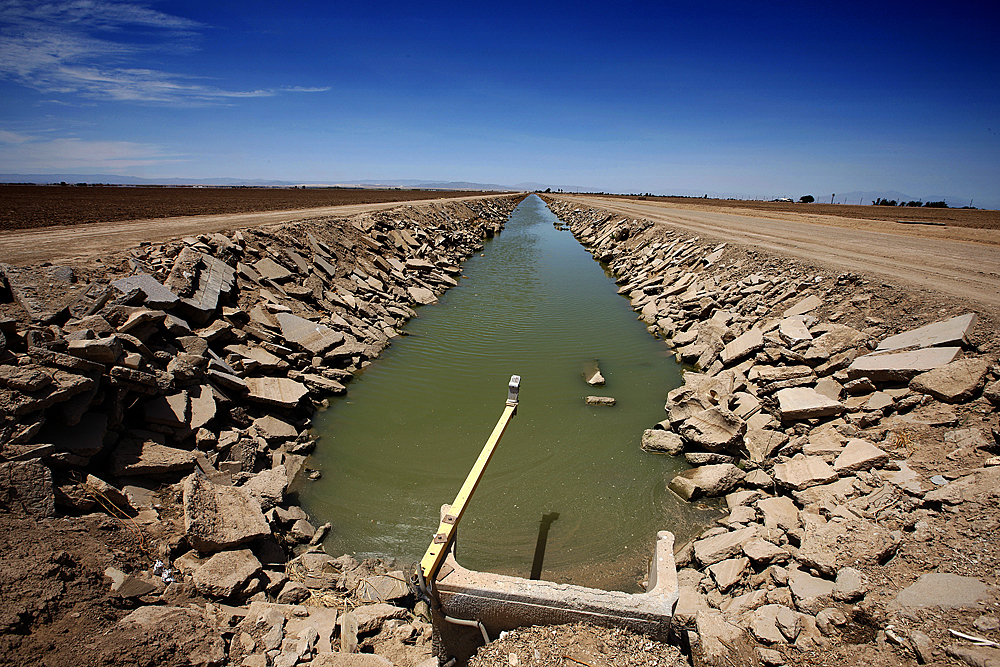A Water Crisis Spanning Borders
Water is essential for life. It makes up 70% of the human body, as well as a portion of all of our foods. Despite its importance, it seems that our global community has only recently started to consider it in policies, and many countries have not adequately addressed issues with water such as shortages and pollution.

Two examples of this are from the United States and the People’s Republic of China. The most recent popular case in the US is the case of Flint, Michigan, during which the Flint government allowed its citizens to consume lead contaminated river water for bathing, drinking, and washing clothes. The government’s inaction to correct the issue resulted in serious health concerns for its citizens. The federal government eventually issued an emergency declaration and provided federal aid, but the settlement of all the issues has just begun. In China, a similar issue has arisen in which 311 Zhangshi Middle School students in Hunan province were hospitalized for consuming contaminated water. China’s Ministry of Education has instructed schools to get rid of substandard facilities in schools, as the amount of students complaining of sickness at school has been increasing.

Although both of these nations have a higher life expectancy than the world average, these water contamination issues create concern about a lack of government insight into the concerns of the populace. The Pingjiang government in Hunan province, unlike the Flint government, addressed their issue via social media as soon as it was discovered and are participating in the movement towards eliminating substandard facilities in its schools. In this case, the Flint government has an example it should look to in taking accountability and providing resources for its people; on a national level, the American government can look at the Chinese government and see the campaigns that are being made to continue improving the lives of its citizens (i.e. transportation innovations, adequate access to water, combating rising housing prices).
Written by: Kevin Sonukan







